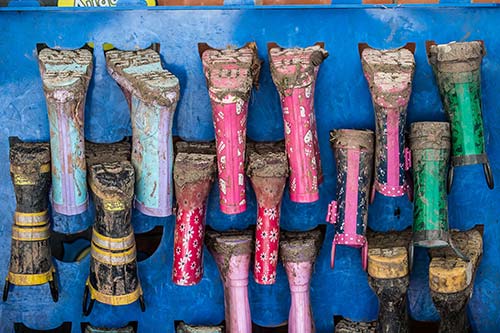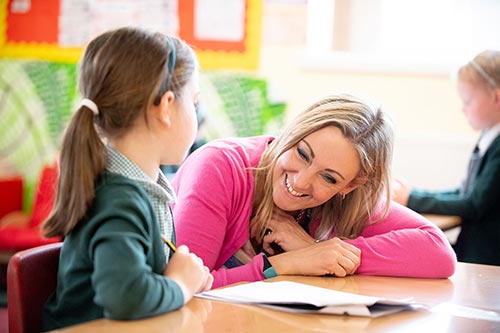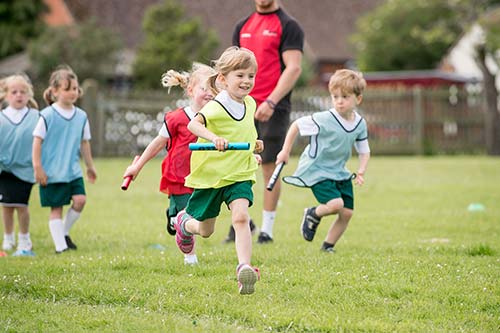FEDERATION CURRICULUM STATEMENT FOR
HISTORY
|
INTENT |
|
We believe that history should inspire children’s curiosity and interest to want to find out about the past and how it has influenced people and places in the modern world. As historians, children will develop knowledge and skills about how the past has influenced the present, what past societies were like, and what beliefs and cultures affected people’s actions. As they do this, children will develop their understanding of a chronological framework in which to place significant events and people from the past. It is our intention that the children will build on their cultural capital and understand the relevance of British Values based on lessons learned from the past. The curriculum is carefully planned in order that historical enquiry skills and knowledge develop progressively. As new eras or historical themes are studied, we make explicit links back to previous learning and forward to future learning to help children understand the intrinsic network and chronology of the subject and locate current learning into a secure chronological framework.
|
|
IMPLEMENTATION |
|
History is taught throughout KS1 and KS2 as a discrete subject but, where possible, we enrich the learning though visits and quality texts linked to either location or period being studied. Each area of the National Curriculum is covered through the detailed investigation of a specific time period or theme across eras using an enquiry-based approach. Careful planning helps to develop the historian’s skills progressively and sequentially. The range of eras and the themes have been carefully chosen to ensure the children have a broad and rich understanding of the past and how it has affected today’s world. Bespoke units are used to study the unique history associated with the school’s location and the significant people who lived there.
The learning in EYFS supports the NC by developing a chronological framework to help children understand where they and significant people and events sit in time by:
We use planned themes and capitalise on unplanned moments to talk about artefacts and significant events to develop a conceptual understanding of the passing of time.
|
|
IMPACT |
|
Children’s knowledge and skills develop progressively as they move through the school and are assessed and reported to parents in the end of year report. It is important that our curriculum not only to enables children to meet the requirements of the National Curriculum, but prepares them to become competent historians ready for the curriculum at Key Stage 3. By the end of their primary education, children will have a chronological understanding of British history from the Stone Age to present day, as well as having explored the ancient civilizations. Outcomes in topic and English books, displays and photographs will evidence a broad and balanced history curriculum, and demonstrate the children’s acquisition of identified key knowledge.
|




